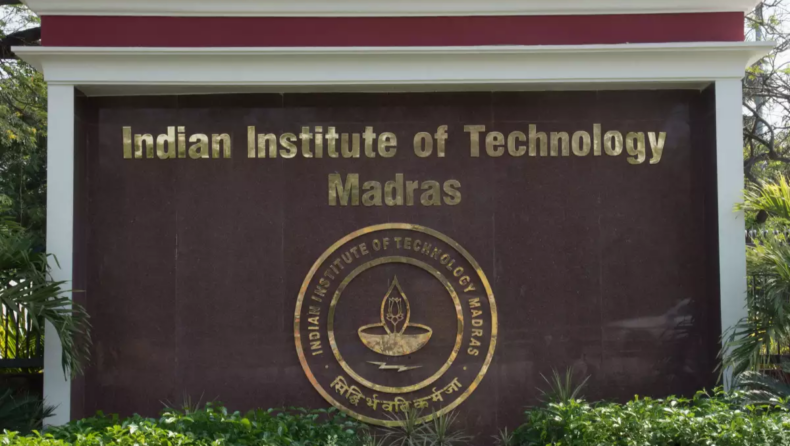PIVOT, an Artificial Intelligence-based tool has been developed by researchers at the Indian Institute of Technology Madras (IIT). The tool has the potential to identify cancer-causing genes in a person. The tool also helps in conducting personalized cancer diagnosis strategies.
Termed PIVOT, the AI tool was developed by a team of researchers at IIT Madras whose work has been published in Frontiers in Genetics, a peer-reviewed journal. PIVOT could identify the genes responsible for causing cancer in humans. This process of identification is based on information like mutating capacity, copy number, and expressions of genes. Furthermore, detection of perturbations that occur as a consequence of altered gene expression can be executed by the tool developed.
The Effort Behind
As per the official statement, the team was led by Prof. Raghunathan Rengaswamy, Dean and Professor, Department of Chemical Engineering along with Dr. Karthik Raman, Associate Professor, and Core Member, Robert Bosch Center for Data Science and Artificial Intelligence (RBCDS), and Ms. Malvika Sudhakar, a Research Scholar, an official statement says.
“The tool was able to successfully predict both the existing oncogenes and tumor-suppressor genes like TP53, PIK3CA, etc., and new cancer-related genes such as PRKCA, SOX9, and PSMD4. The model learns from the data of known driver genes of the patient and then protects it from any unknown mutations you throw at it,” says Ms. Malvika.
Are Personalized Cancer Diagnosis Strategies Important?
Genetic mutations that lead to an uncontrolled division, growth, and spread of cells to nearby tissues cause’ cancer. Various factors contribute to the cell alteration that include, but not limited to, hereditary, smoking tobacco, exposure to chemicals, radiations, et cetera.
A standard cancer treatment that includes radiation therapy and chemotherapy is being used to diagnose cancer. But these come with their side effects that include the issues like hair loss, anemia, diarrhea et cetera. To tackle this, researchers at IIT-M are in an effort to offer a personalized cancer treatment for maximum efficiency and minimum side effects.
AI prediction models for Breast Invasive Carcinoma, Colon Adenocarcinoma, and Lung Adenocarcinoma were already developed by the researchers at IIT-M. Now, the team is working on personalized cancer-causing genes that have the potential to identify suitable drugs for patients.













